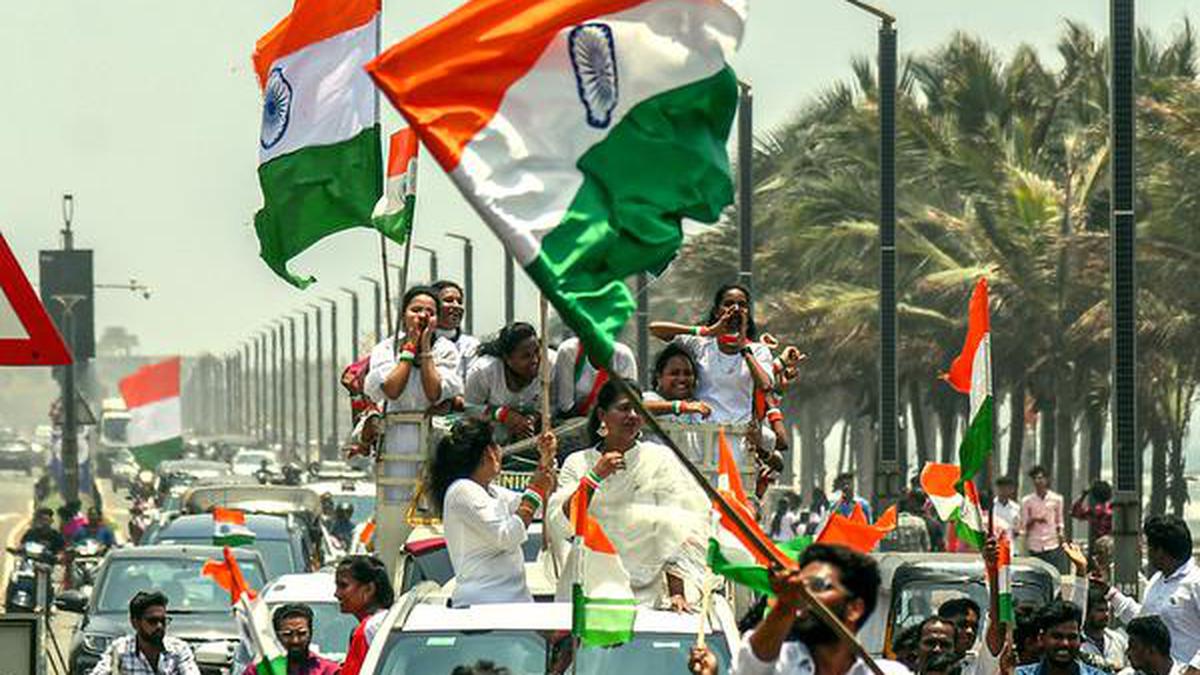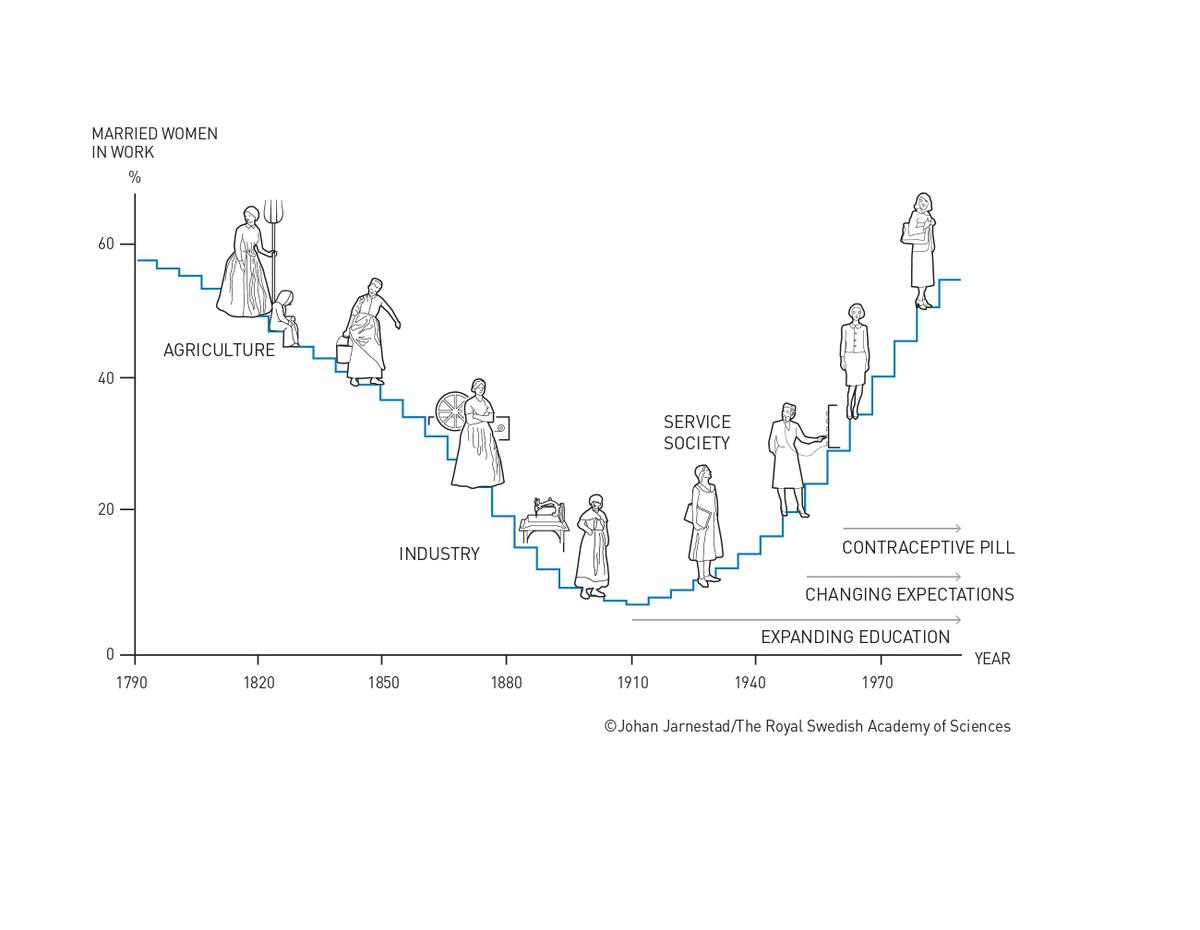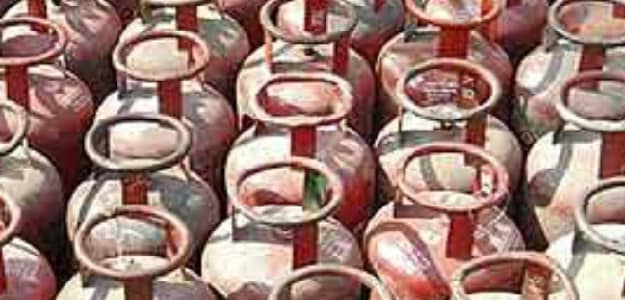The retail inflation touched a 15-month high of 7.44% in July, a spike from 4.87% in June. File
| Photo Credit: PTI
The government expects vegetable prices to start cooling off from next month with the advent of new crops in the market, but rising crude oil prices is a concern even though it is still within the tolerable zone of $90 a barrel, a Finance Ministry official said.
The official further said that reduction in excise duty is not on cards and the government is driving infrastructure investment, and private sector capital investment is yet to gather steam.
Also Read | To curb price rise, Centre releases more grain stock under open market sale
He further said that the Centre’s capital expenditure which was 28% of Budget estimates at the end of June quarter, will reach 50% by September end. In the 2023-24 budget, the government had hiked capital investment outlay by 33% to ₹10 lakh crore in the current fiscal.
The official further said that a 6% rainfall deficit is unlikely to impact kharif sowing as the agriculture sector is resilient. The government has been taking steps to control inflation, including releasing wheat and rice stocks from reserves, putting restrictions on exports of rice, sugar, and allowing import of pulses and oilseeds.
“Flexible trade policy has been adopted to keep prices down. We must remember that global food prices are very high due to the Ukraine war and the supply of food grains has been affected and that is a global factor from which Indian cannot remain isolated. We have taken measures to isolate our population from that inflation and relative to others we are in a much better position,” the official told PTI.
He said interventions have been made to cool tomato prices and those steps will bear fruit in the coming months. Tomato is a seasonal crop and we will get another crop shortly and the price pressure will ease.
“This temporarily high inflation is partly driven by vegetables. I expect the vegetable prices will contract quickly, likely by next month,” the official added.
The retail inflation touched a 15-month high of 7.44% in July, a spike from 4.87% in June. However, wholesale price based inflation continued in the negative zone for the fourth straight month at (-)1.36% in July.
In July, the annual retail inflation in the vegetables basket was at 37.44%, spices at 21.63%, pulses and products at 13.27%, and cereals and products at 13%.
To a question on whether the government is concerned about the recent surge in crude oil prices, the official said that budget calculations do not include crude oil prices because the government does not give subsidies to oil marketing companies. So the fluctuation in crude prices does not have any impact on fiscal math.
Crude oil prices currently are hovering around $85 per barrel as against $70-73 a barrel at the time of budget.
“Rising crude oil price is a concern but they are still within a tolerable zone from the point of view of oil marketing companies. It doesn’t necessitate any policy adjustment right now. The budget calculations are on track. I think we are quite ok with oil at about $80-85, up to $90 we shouldn’t be worried. Beyond $90 it has an impact on inflation and other things,” the official said.
The official also ruled out any cut in excise duty on petrol and diesel, saying it is not under consideration as of now. “We are not expecting any excise duty cut in petrol, diesel,” he added.










